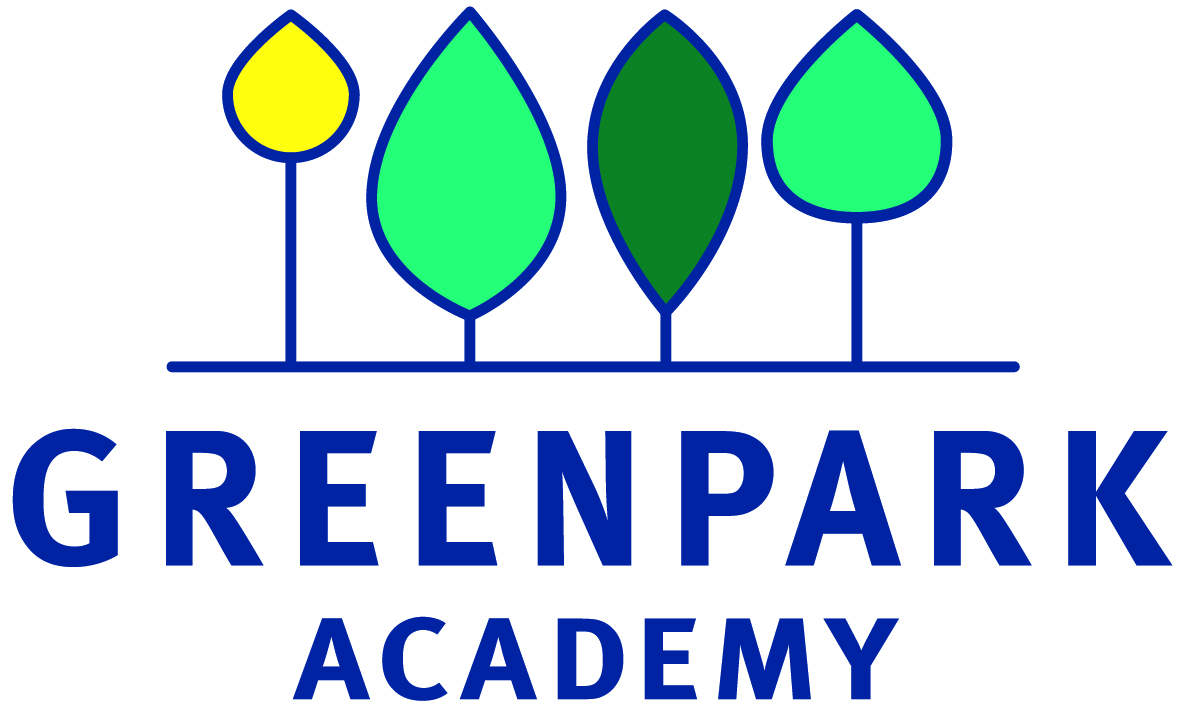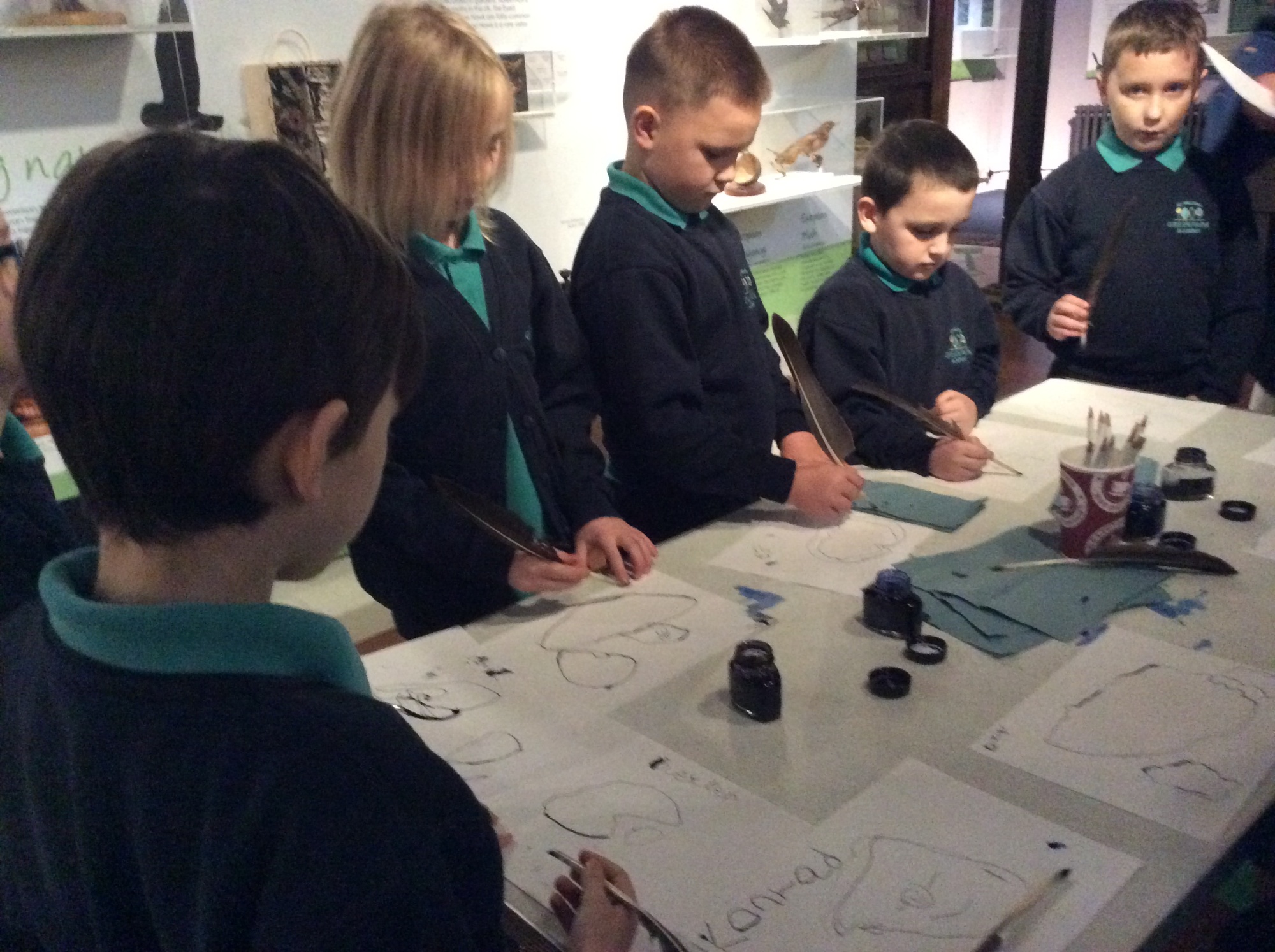Geography
“The study of Geography is about more than just memorising places on a map. It is about understanding the complexity of our world.
“Geography explains the past, illuminates the present and prepares us for the future. What could be more important than that?”
Progression of Skills Geography Curriculum Plan EYFS
Intent
Why do we teach this? Why do we teach it in the way we do?
Geography as a subject is important to enable us to understand our world. We become aware that there are places that are different and similar to the place in which we live.
Geography teaching at Green Park Academy focuses on enabling children to think like Geographers. Our curriculum is planned to ensure geographical knowledge is taught alongside the development of subject specific skills such as interpretation of maps, comparing localities and understanding cause and effect.
We want children to ask questions about different areas, the people who live in them and the physical features they have. We want them to be able to analyse evidence, think critically, appreciate different perspectives and develop informed judgements.
We teach Geography through a topic based approach, where skills and subject knowledge are carefully tracked.
Implementation.
What do we teach? What does it look like?
We teach GEOGRAPHY through whole school topics and closely link our planning to the skills progression map. These skills cover 4 main areas:
Locational Knowledge: This includes knowing the names of continents, countries and oceans in Key Stage 1 and knowing names of counties and cities in Key Stage 2.
Human and Physical Geography: This includes study of weather and physical features such as rivers, mountains and coasts. The effect of man on different areas of the world is also studied.
Place Knowledge: This covers knowledge of different countries (appropriate to age) and understanding similarities and differences to where we live.
Geographical Skills and Fieldwork: This includes reading and making maps in a variety of formats and study of the local area.
The topics are challenging and inspiring and help children make connections across their learning of other subjects especially History.
As much as possible, we intend for our children to have “real life”experiences so Field work is an important part of our Geography Curriculum.
Impact
What will this look like by the time they leave?
The sequence of learning develops our children’ subject skills and knowledge in such a way that they are able to, over time, become confident and independent learners.
We aim to ensure that all pupils can:
- Understand the difference between Human Geography and Physical Geography.
- Use a variety of mapping confidently.
- Understand and explain differences and similarities in areas.
- Understand how physical Geography, including weather can affect an area.
- Name and identify continents, countries, settlements, oceans and other physical features on a map.
- Use field work to observe, measure and record features of the local area.
![]()

